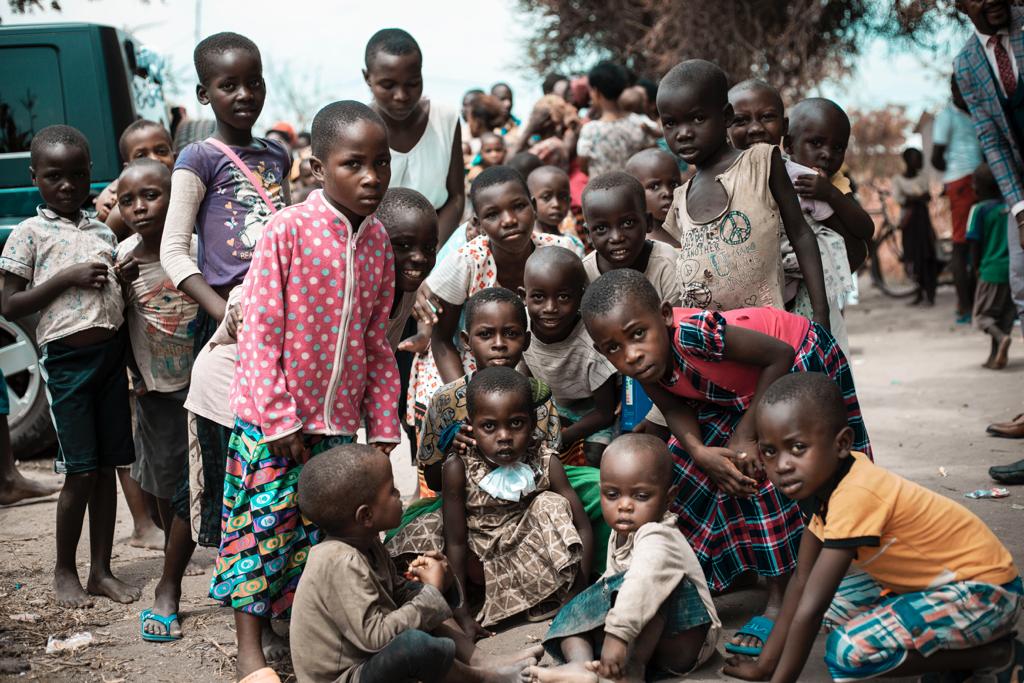Diabetes is a chronic condition that affects millions of people around the world. Managing diabetes can be challenging, but a healthy diet is an essential part of keeping blood sugar levels in check. In this blog post, we will explore what to eat and what to avoid when following a diabetic diet.
First, let’s talk about what to eat. A diabetic diet should be rich in nutrient-dense foods that are low in calories and carbohydrates. Some of the best foods for diabetics include:
Vegetables: Leafy greens, broccoli, cauliflower, and other non-starchy vegetables are high in fiber and vitamins and low in carbs.
Fruits: Berries, apples, and other fruits that are low in sugar are a great choice for diabetics.
Whole grains: Whole grains like quinoa, brown rice, and oats are high in fiber and help to keep blood sugar levels stable.
Lean protein: Chicken, fish, and tofu are great choices for diabetics.
Healthy fats: Nuts, seeds, and avocados are high in healthy fats and can help to keep you feeling full and satisfied.
Now, let’s talk about what to avoid. Foods that are high in sugar, refined carbs, and saturated fats should be limited or avoided altogether when following a diabetic diet. Some of the foods to avoid include:
Processed foods: Foods like white bread, pasta, and snacks are high in refined carbs and can spike blood sugar levels.
Sweets: Cookies, cakes, and other sweets are high in sugar and should be avoided.
Fried foods: Fried foods are high in saturated fats and can raise cholesterol levels.
Alcohol: Alcoholic beverages are high in sugar and can lead to weight gain.
High-carb fruits: Fruits like bananas, grapes, and pineapples are high in carbs and should be eaten in moderation.
It’s also important to note that diabetics should be mindful of portion sizes and be aware of the total amount of carbohydrates they are consuming. Counting carbs can be helpful in keeping track of your intake.
Overall, a diabetic diet should be rich in nutrient-dense foods that are low in calories and carbohydrates. By following these guidelines, diabetics can help to keep their blood sugar levels in check and reduce their risk of complications. If you have any questions or concerns about your diet, be sure to consult with a healthcare professional.
In conclusion, the Catherine Ulukonanwa foundation is dedicated to providing education, support and resources to individuals living with diabetes. Eating a healthy diet is an essential part of managing diabetes and can help to keep blood sugar levels in check. By focusing on nutrient-dense foods that are low in calories and carbohydrates and avoiding foods that are high in sugar, refined carbs, and saturated fats, diabetics can improve their health and well-being.



